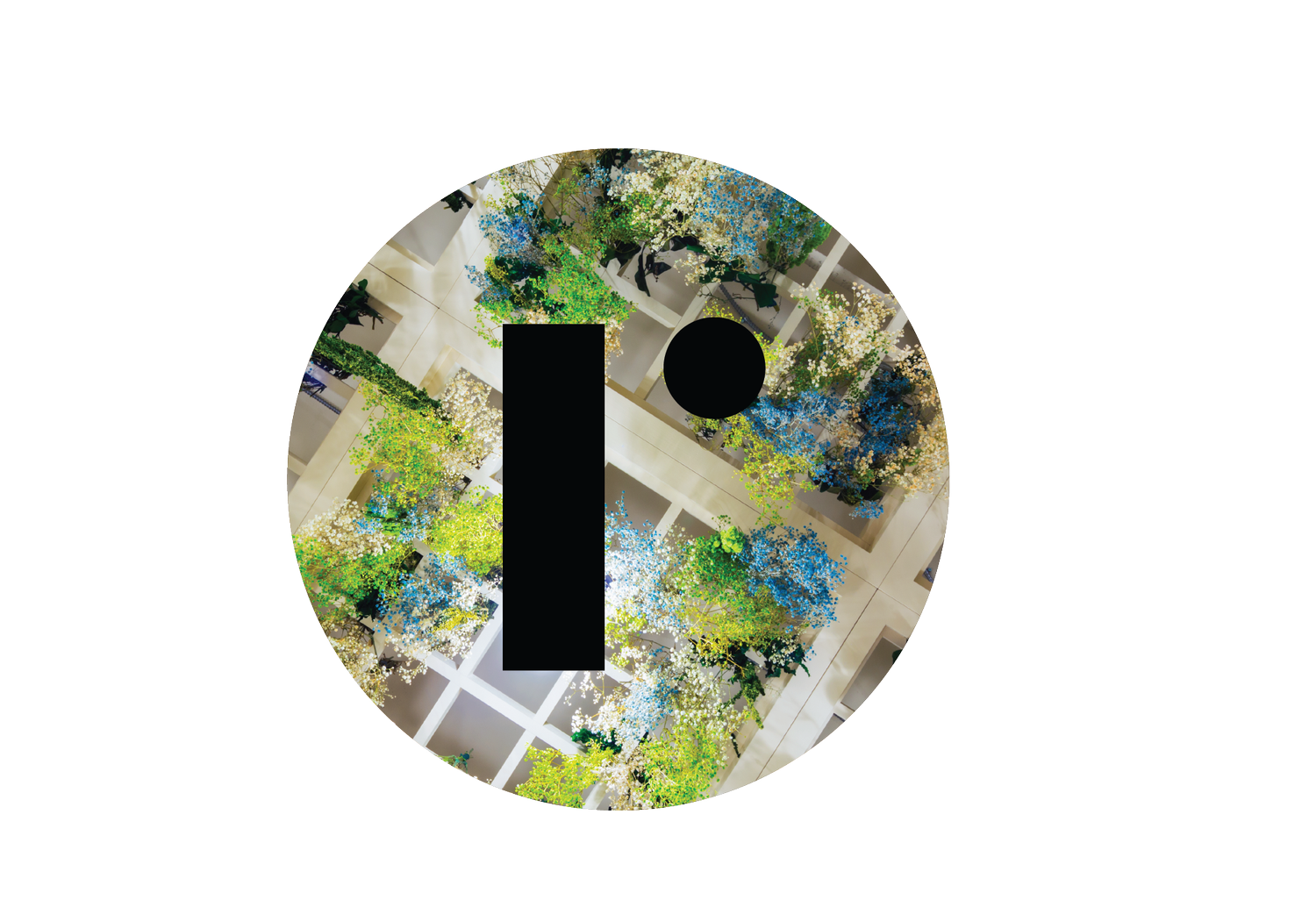WFH ain't panacea...
Image credit: Unsplash
We've been hearing for some time now that the future of work is remote and that the traditional office is dead. While the old ways of working and the need to be clocking in and out of the office every day have certainly taken a major hit since the beginning of the pandemic, and even arguably before that, the big tech belief that all their workforce will be remote all the time is misguided at best and possibly even dangerous.
I've been working from home for years and I am quite happy about the quality of life that it gives me, but I also don't have full-time employees so there is no real need for a dedicated office. It also requires me to build a very defined routine and strong separations between personal and professional life, so that I don't blur the line too much.
What I've been hearing from many friends who have been forced to work from home is that they miss their office tremendously. They miss the disconnect between home and office that a commute gives them. as well as the ability to be face to face with their colleagues (if they work in an office that has a good culture, that is).
In this piece, the star explains why young workers who have started their careers working from home are at a tremendous disadvantage, primarily because they are missing a myriad of opportunities to socialize with their co-workers. Opportunities that are instrumental in the making of a successful career, workplace and keeping employees mentally balanced.
I predict that the office not dead, by a long shot and that as soon as the pandemic starts to recede, people will go back to the office faster than I can write it. Working habits will certainly have shifted and we may see more people on a hybrid model of working from home part-time and in the office when they need to be face to face. We're all too social to be able to operate in any other way for a long time and the tech oracles are betting on the wrong horse, putting short-term profit ahead of their long-term culture.


